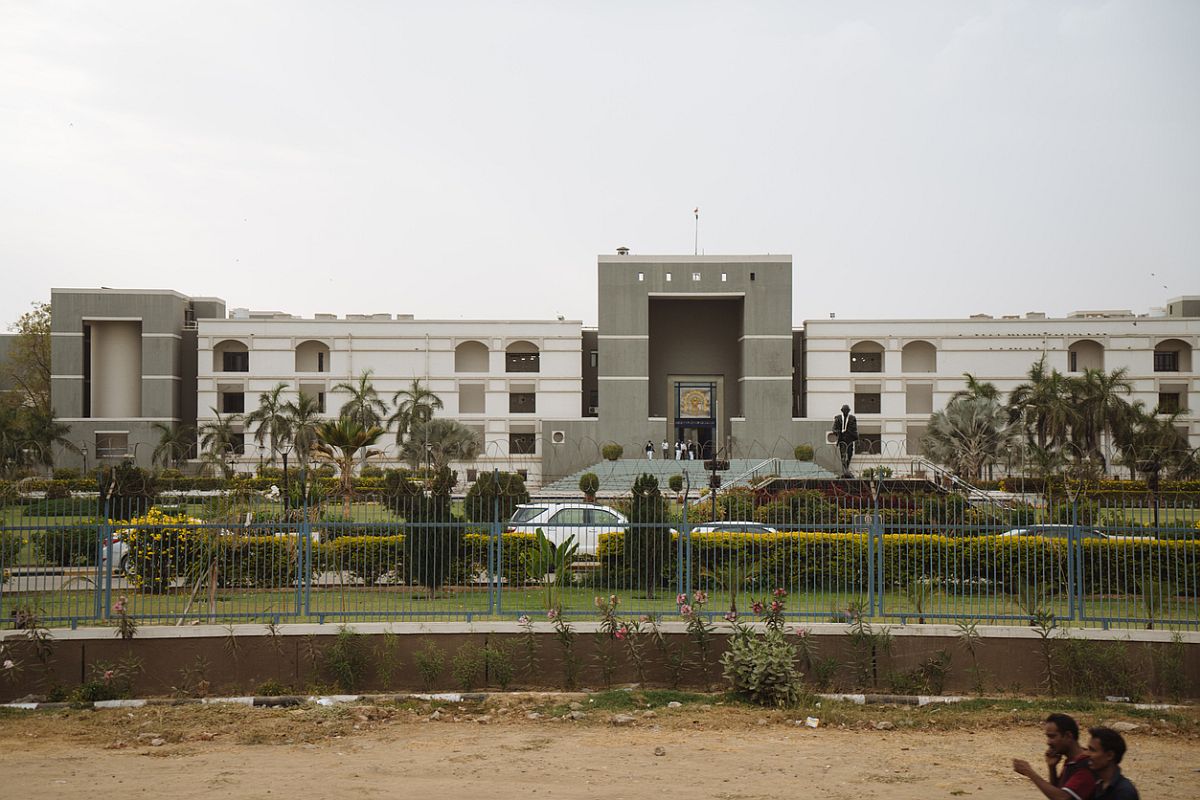Ahmedabad accident case: Tathya Patel’s father moves Guj HC seeking interim bail
The father of the key accused in the Ahmedabad accident case in which a speeding Jaguar car ploughed into a…
Responding to a PIL on the matter, a division bench of the High Court headed by Justice J B Pardiwala has proposed a nine-point guideline seeking to prohibit social exclusion of women at all places on the basis of their menstrual status.

High Court of Gujarat. (Photo: iStock)
In a landmark decision, the Gujarat High Court has issued guidelines to the state government for prohibiting social exclusion of women during menstruation.
Responding to a PIL on the matter, a division bench of the High Court headed by Justice J B Pardiwala has proposed a nine-point guideline seeking to prohibit social exclusion of women at all places on the basis of their menstrual status.
The PIL was filed in the High Court by social activists in the wake of stripping of 68 girls last year in the hostel of Shree Sahajanand Girls Institute in Bhuj to check who among them was menstruating but didn’t shift to the basement for next three days, as is mandatory there.
Advertisement
During the last hearing , the government had assured the High Court that it would soon be informed about the steps proposed to be taken to end discrimination against menstruating women at public and private institutions.
The High Court also issued notices to the Centre, Shree Sahajanand Girls Institute and the Swaminarayan sect that runs the college in Bhuj.
The nine-point guidelines proposed by the bench said that the state government should prohibit all educational institutions, hostels and other living spaces for women, private or public, from following social exclusion of women on the basis of their menstrual status in any manner.
The bench also proposed that the state government should spread awareness among health workers, adolescent girls and parents regarding social exclusion of women on the basis of their menstrual status through various media and including it in school curriculum.
The bench sought to know opinions of state government and the Centre regarding the nine-point guidelines proposed for prohibition of social exclusion.
Advertisement